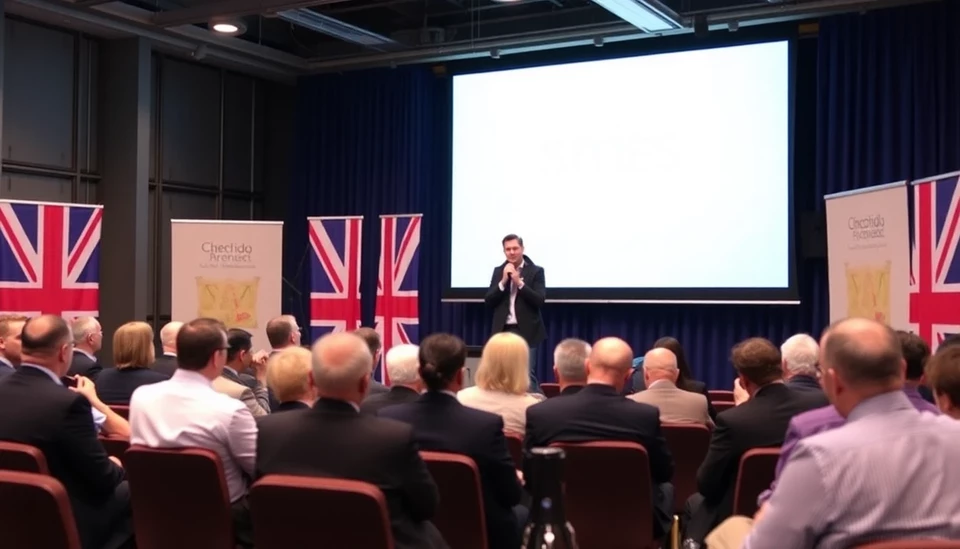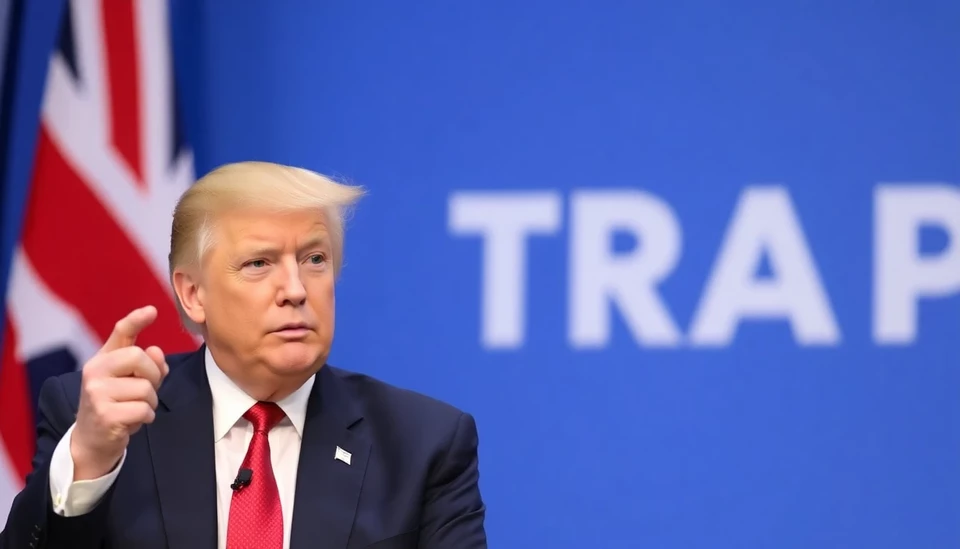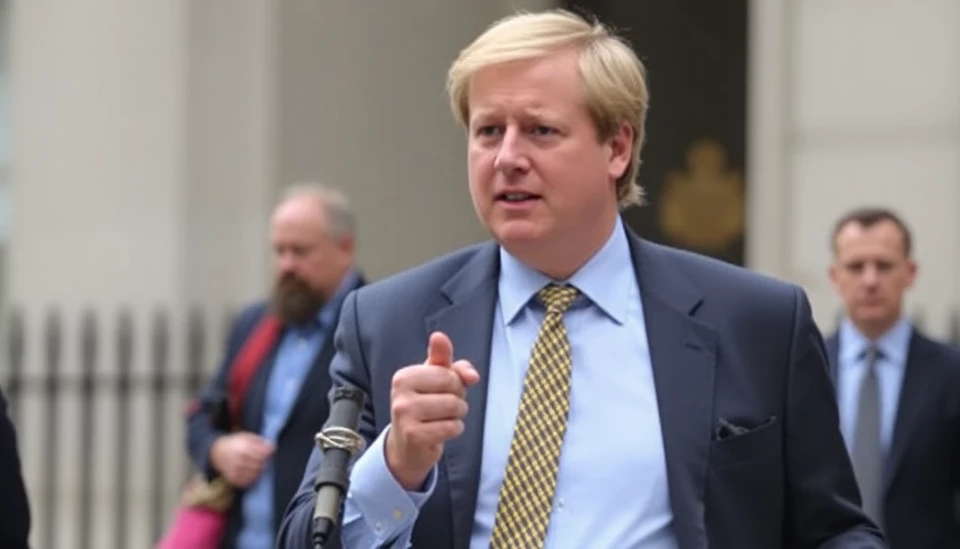
The economic landscape in the UK is showing signs of a consumer slowdown, which poses a significant challenge for Keir Starmer, the leader of the opposition Labour Party. Recent reports indicate that consumers are becoming increasingly cautious amid ongoing financial pressures, creating an environment that could hinder Labour's political aspirations as it gears up for the upcoming elections.
Economic data released suggests that consumer spending has stagnated, with many Brits tightening their belts in response to rising inflation and interest rates. This shift in consumer behavior is not just a passing trend; it indicates a deeper sense of apprehension that could have severe implications for political parties looking to capture the electorate's attention and support.
As inflation continues to rise, with prices for essential goods and services hitting record highs, the typical British household is feeling the financial strain. Higher costs for groceries, energy, and transportation are leading families to re-evaluate their spending habits, leading to a reluctance to make discretionary purchases. This consumer hesitancy creates a complex scenario for Starmer, whose party often relies on public sentiment around economic issues.
Starmer's Labour Party has been pushing a narrative focused on improving the living standards of the average Briton, but this message may not resonate as strongly if consumers are preoccupied with immediate financial concerns. The Labour Party has sought to position itself as a party of change, promising to address the issues that matter most to ordinary families, but the current economic climate may overshadow these promises.
Political analysts suggest that for Starmer to regain traction and appeal to voters, he must articulate a clear plan that addresses the financial challenges faced by families today. Without a compelling economic strategy, there is a risk that Labour could be seen as out of touch with the day-to-day realities faced by many Britons. As the elections draw nearer, the Labour Party is under pressure to demonstrate its understanding of the economic landscape and to propose actionable solutions that resonate with an increasingly cautious electorate.
The reluctance of consumers is, therefore, not just an economic challenge; it is a political one for Starmer and the Labour Party. The focus must shift towards empathy and practical solutions to tackle the financial burdens that families are grappling with. As the party navigates this turbulent terrain, it will be crucial to ensure that any proposals are grounded in the realities of British life, addressing the immediate concerns rather than lofty, abstract goals that may seem disconnected from the everyday experience of the average consumer.
In summary, the current economic reluctance displayed by British consumers represents a significant barrier for the Labour leader. As they embark on the campaign trail, Starmer's ability to align Labour's policies with the pressing financial needs of the public will likely determine the party's success in winning the hearts and votes of the electorate.
#KeirStarmer #LabourParty #BritishEconomy #ConsumerSpending #ConsumerConfidence #UKPolitics
Author: Rachel Greene




